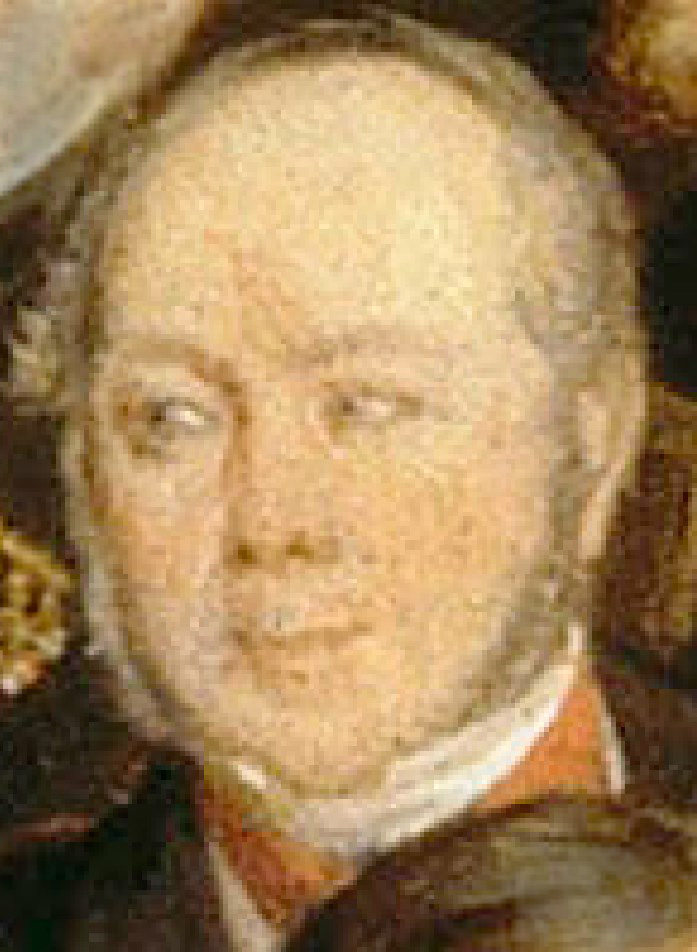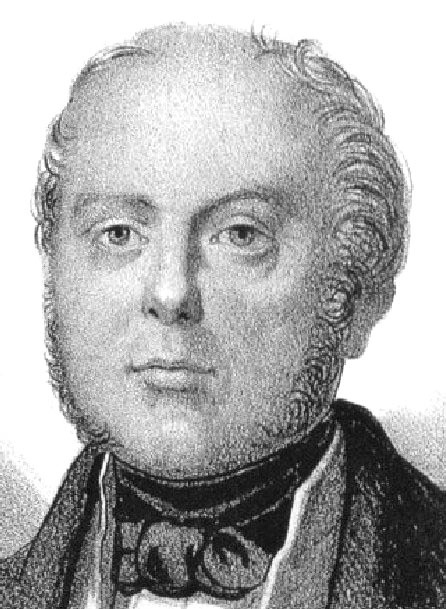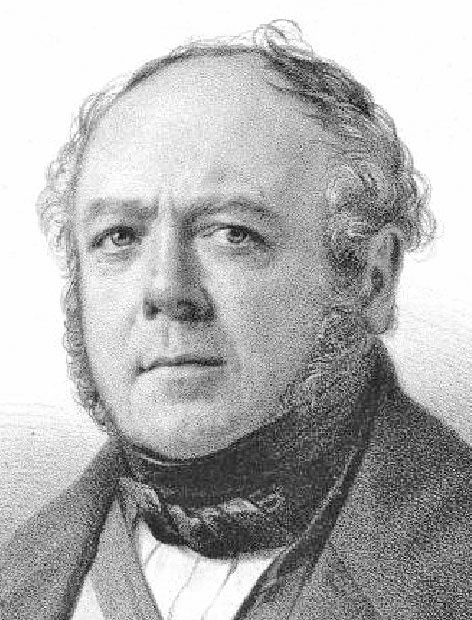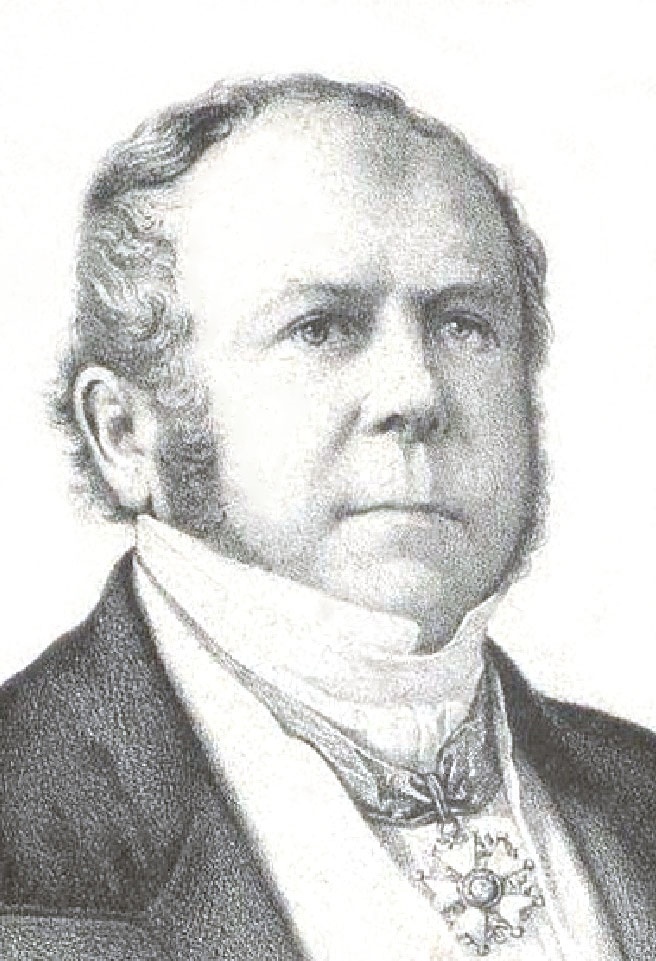Count Henri-Georges Boulay (de la Meurthe)(1797-1858), vice-president of the Republic
1st image: Soirée; 2nd: coll. De Vinck (1840); 3rd: litho Desmaisons (1848); 4th: Desmaisons (c.1851); (Alternative: Benedetti).
Count Henri-Georges Boulay proudly wears the cravate rouge of the Legion d’Honneur Commander level, which he obtained on December 17, 1849.
Between the new republic in 1849 and the start of the Second Empire in 1852, Boulay was the only vice president that ever-served France. He had studied law and became lawyer at the court of Paris in 1820.
There, he was successful in his defense of military staff, which sometimes literally saved their heads from the guillotine. Boulay was against the monarchy all his life. During the reign of King Louis-Philippe, he served as representative of the Meurthe area (with his birth place, Nancy, as capital) and of the Vosges region, voting constantly with the republican opposition.
Boulay was an excellent citizen, convinced that a positive citizenship was founded on good education. He was president of the education board, working to improve the public schooling situation for the working class, and stimulate primary schooling for women. He created a common public education system, guidelines for school hygiene, gymnastics, singing, and school vacations.
He received a medal of honor for his phased plan, each with specific medical aspects, to eliminate cholera in the city of Paris.
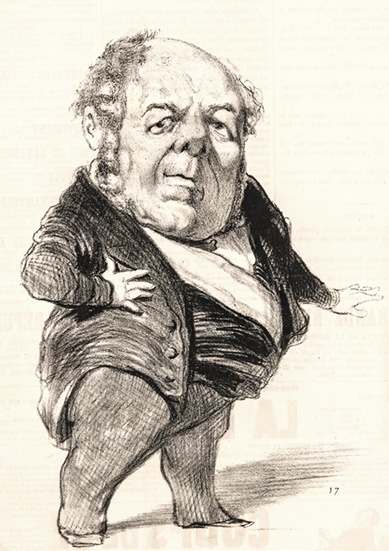
When Louis-Napoleon became president of the republic in 1848, he endorsed the modest Boulay as vice-president candidate.
Boulay was harmless and cooperative: an ideal person for this position with public visibility but little political power.
After his election, Boulay preferred to stay at his home at rue Vaugirard, rather than moving to the Petit-Palais. He donated substantial parts of his significant income to improve public schools in the Seine, Meurthe, and Vosges regions.
As vice-president, Boulay organized several grand soirées in 1851 and was involved, with de Nieuwerkerke16, in handing out the artist awards. There are no press records that he attended a Louvre-soirée, but given his position this may have happened on June 7, 1851, when the restored Louvre was reopened.
On July 29 that year, aged fifty-four, he married Louise-Julie Michaud, aged twenty-three. She studied singing with Ponchard25, and regularly sang at private salons. They had a son, who died at a young age. and a daughter.
After an unfortunate accident in 1858, he developed gangrene in both legs to which he succumbed.
Alfred de Musset73 spoke at his funeral. In absence of a surviving son, the title of count transferred to his brother.
Boulay was referred to by the press as "a friend of the people".
Viel-Castel43 clearly does not like him and wrote in his journal in March 1851:
“He is a fattened and plucked quail […] Boulay looks exactly like a ball of human flesh; he is a big, barely important man. Ugly as a fountain mouth, budded like a blackberry, pretentious, in love with all women and willing to show himself off.”
